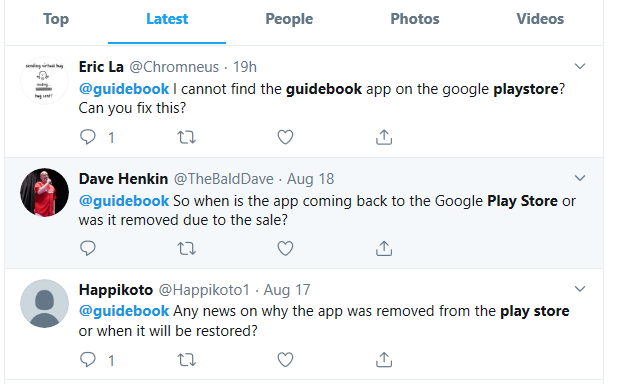Microsoft emitted a fresh preview of command-line darling PowerShell 7 last night, highlighting some additional slurping – and how to shut it off.
PowerShell 7 Preview 3, which is built on .NET Core 3.0 Preview 8, is the latest step on the way to final release at the end of 2019 and a potential replacement for the venerable PowerShell 5.1.
The first preview dropped back in May and the gang has made solid progress since. This time around, the team has opted to switch on all experimental features of the command-line shell by default in order to get more feedback on whether those features are worth the extra effort to gain “stable” status.
[…]
there are a number of useful features, some targeted squarely at Windows (stripping away reasons to stay with PowerShell 7’s more Windows-focused ancestors) and others that simply make life easy for script fans. The ability to stick a
-Parallelparameter toForEach-Objectin order to execute scriptblocks in parallel is a good example, as is a-ThrottleLimitparameter to keep the thread usage under control.Preview 3 and Telemetry
However, it’s not all good news. Lee, with impressive openness, highlighted the extra telemetry PowerShell would be capturing with this release. Microsoft’s Sydney Smith provided further details and, perhaps more importantly for some users, explained how to turn the slurping off.
New data points being collected include counts of application types such as Cmdlets and Functions, hosted sessions and PowerShell starts by type (API vs Console).
[…]
for the benefit of those who get twitchy about the slurping of data, Smith highlighted the
POWERSHELL_TELEMETRY_OPTOUTenvironment variable, which can be set to thetrue,yesor1to stop PowerShell squirting anything back at Redmond’s servers.
Source: Latest sneak peek at PowerShell 7 ups the telemetry but… hey… is that an off switch? • The Register


